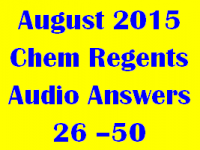Home » Uncategorized
Philippe Petit – Tight Rope Walker (I mean more chem)

LeChatlier’s Principle states: A chemical system in dynamic equilibrium will stay at equilibrium, and if a chemical stress is applied, the system will shift to counter act this stress, until a new equilibrium is reached. On August 7th,…
Read More »Chemical Reactions Lab
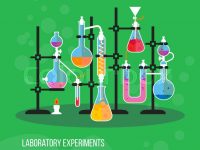
There are 20 experiments over 4 days in lab to get done. Each requires a WORD equation, and then a balanced CHEMICAL EQUATION as well. You also need to record your observations. Our first lab day we did experiments…
Read More »CuSO4 and MgSO4 Lab Conclusions
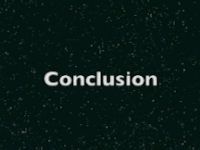
First of all, you must review the lab rubric to get points on a lab report. Some of you miss the intro sentence on the Cover page. It’s only a point, but it adds some seriousness and some…
Read More »Atomic Mass vs. Molar Mass???
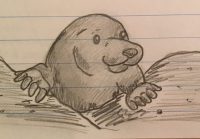
Questions have arisen in class about how to convert molar mass values into atomic mass values. This came up with both of the Copper and the Magnesium hydrate labs. In the copper lab, the question was what is…
Read More »Moles and Percent Comp by Mass

Moles are central to your understanding of chemistry in the long term. Their importance can’t be overstated. One mole is 6.02 x 1023 particles (which can be atoms, molecules or even FU’s!) One mole is equal to the molar…
Read More »National Chocolate Chip Cookie Day
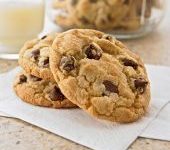
November 4th is right around the corner! Celebrate with friends and family. Eat them, dunk into milk if you like, just eat them and smile. Big ones, small ones, warm ones, half stale ones, even all the way…
Read More »The Periodic Law
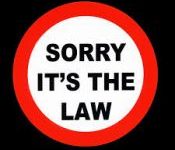
The periodic law, on page 124 in the (awful) textbook, reads: “When the atoms are arranged in order of increasing atomic number, there is a periodic repetition of their physical and chemical properties (in the groups)” What…
Read More »Meet the Atoms
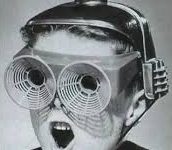
This slide show has a lot of atoms in it. It’s a simple way to help you begin to make connections between names and symbols, which will make you comfortable and quick with the table. It does have…
Read More »Hafnium is Special, etc.
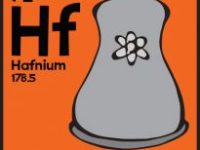
A few more items of chem to make sure they are in your head. First of all, you KNOW that all atoms fill up their orbitals from first to seventh orbital in order. Lowest energy to highest. The…
Read More »